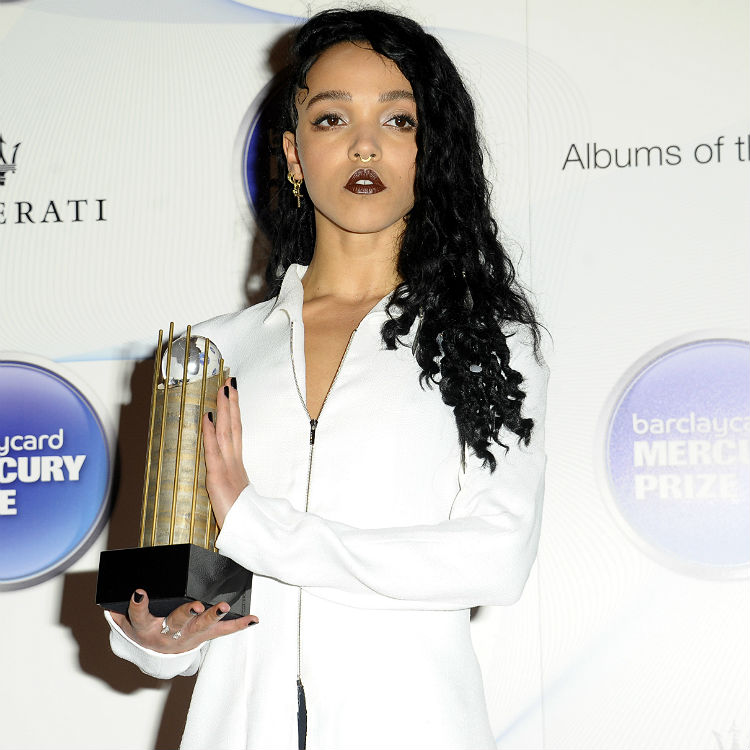 Photo: Wenn
Photo: Wenn
It's almost that time again for the Mercury Music Prize 2015 - when one UK artist will be crowned as having released the finest album of the last year. Predictions and odds are varying, with an amazing calibre of nominations - from Wolf Alice and Gaz Coombes to Aphex Twin, Jamie xx, Florence + The Machine all up for the gold. Which of them will follow in the footsteps of Arctic Monkeys, The xx and PJ Harvey.
It's a varied list, with everything from rock to indie via electro, pop, soul and whatever Aphex Twin is supposed to be. There's no token jazz album this year, though. Why is that? And how do you handle to pressure of picking the best of the best? Is it frustrating that so many great albums are ignored? Who's set to own the year ahead? What the hell happened to Speech Debelle?
So many questions, so to find out we had a quick chat with Mercury Music Prize judge, Radio X DJ and new music champion, John Kennedy.
What do you think has been characteristic of UK music this year, that can't be said of previous years?
That's interesting. There's an awful lot of great music around at the music, and I think it's really diverse. Not all of them are choosing to be 'a rock band' - some of them are choosing to be something else entirely. Some of them are fusing genres together, and its almost as if its the result of being born late in the 50-year history of British pop-music.
The late-comers of the last 20 years have been absorbing everything from their parents and their grandparents' generation as they grow up. Putting it all together, it's almost as if a lot of the prejudices that have been around in the past have been pushed to one side. You don't have to necessarily belong to a certain clique - you can find your own outlet of expression.
When putting together the shortlists, do you intentionally try to find something from each genre, or is it just a smattering of all that's good?
There's definitely a thrust to try and reflect as many different aspects of musical activity as possible. We're given a brief that it's meant to reflect 'a year' in music. You take quite an objective approach to start with in being as broad-minded as possible and consider as much as possible. If you're not super-into the folk scene, you try to scrub up on it and give it a listen.
There's a will to try and reflect as much as possible, but that doesn't always materialise. This year, we don't have any specific jazz records. But you can actually detect jazz in quite a lot of the albums that are in the shortlist. That idea of having one almost 'really obvious' token ethnic type choice seems to have disappeared a bit.
You have Twitter so you would have seen a lot of people's reactions to the shortlist - many were upset that Foals and Everything Everything aren't in there. Do you feel that there are any specific glaring omissions this year?
There always are - it's a judging panel of 12 people all with strong opinions, and the final list is made up of that. It's not a John Kennedy list, it's not an Andrew from Gigwise list - it's all of us involved. It's a blurring of our personalities, and it comes out as the Mercury Prize. I can totally understand why people get angry at certain artists not making any kind of list, but that's the point - to spur discussion an argument, looking at the artists that both are and aren't on there. The fact that they're shouting about it is a positive thing.
Arctic Monkeys, The xx and Franz Ferdinand all went on to achieve incredible things when they won the Mercury for their debut albums. Would you rather this go to a new artist like Wolf Alice to springboard them into greatness? I don't think a win would do all that much to boost the profile of someone like Florence + The Machine whose already headlined Glastonbury?
It goes to the best album, really - that's it. Subjectively I look for a springboard, because my job on the radio is to find an outlet for new talent to emerge. I'm going to lean that way, but sometimes an album is going to come through regardless of the rest of the records. For me it was PJ Harvey's Let England Shake the other, making her the only artist to win it twice. If it's a celebration and acknowledgement of 'the album' as an artform, then I felt really strongly at the time that she had to win, regardless of the fact that she already had. Artists continue to grow and develop, and you can't be written off just because you're older - you still have something to say.
That recognition is not always a guarantee of success, though - Speech Debelle for instance, hasn't gone on to the same level of greatness as the likes of Arctic Monkeys for example.
If you win, the Prize in itself isn't an automatic golden ticket to fame and fortune - it's a stepping stone. Some artists are more ready to use and move with it, others aren't. For Speech Debelle, it was very early on for her and the Prize itself wasn't as big a deal for her as people thought it might have been. It didn't equate to ticket sales and all of the things that years of work do. Just because you win at critics' prize, you still have to put the hours in. That's the reality of it.
If it's a springboard, you still have to physically jump.
Exactly, it's up to the artist ultimately to take control of their potential.
With your day job being on finding new bands, how do you feel about the constant hype and culture of reunions? They always tend to headline festivals above new bands.
Yes, in that sense it's quite annoying. Ultimately, festivals need to break even - in many ways, whatever it takes to make something successful financially makes total sense. As long as there's the framework and development for new talent to emerge, then that's OK. Often reunions can be disappointing and ruin the magic, but sometimes they just deserve to be able to cash-in. Time changes everything. The idea that we'd have a great shoegazing revival would have amazed me in the early 90s, it would have seemed ludicrous.
On the other hand, there will be people out there who weren't even born when The Stone Roses were around, and now they're exposed to a new generation - like Buddy Guy and The Beatles. They may or may not be at their peek, but it's powerful that people get to see them.
However, there are too many festivals now and everything has been spread too thin - it can't be sustainable.
What rising bands do you stepping up to headline festivals in the future?
That's really interesting. Catfish + The Bottlemen for example, they've worked really hard and played to 250,000 people but only had one album out - they're quite a sizeable band. Same for Alt-J, they've played The O2 but are only two albums in. That's really exciting - these aren't necessarily bands that were hyped by the media, but have found a way to connect with their audience. It's old-fashioned, but if bands want to headline festivals then they need to get out there and work to play to as many people as possible. They need to take people by surprise, blow them away and leave an impression. Ed Sheeran, Mumford & Sons - they went out there and played to as many people as possible.
Which new bands do you predict great things for next year?
Yak are amazing - I hope they do brilliant things. There are plenty of acts out there who can reinvigorate rock music. Demob Happy are a really exciting guitar band and one of the best live acts I've seen all year. A guitar riff attack that could take the world by storm. I really like Palace - the people at their gigs are really connected. They don't have many releases but the bands at their gigs even sing along to guitar solos.
Looking around at other genres, he's been around for a while but I think Floating Points' album has been a longtime coming. I like the fact that he's put on a full-scale band and almost orchestrated approach.
Steve is an artist from Manchester on Guy Garvey's label, J Parker too is a solo artist that plays everything herself - she's slightly 'wonky', slightly out there. I really like what she's doing, it's exciting.
I also really like Eliza Sheddad - she's a singer-songwriter whose been around for a few years. She sung on one of the more folky Clean Bandit songs but hasn't become one of their mainstays. Her last EP was recorded at Ben Howard's studio, she's got a new one coming out and it's a real step-up. I hope that she goes on to great things.



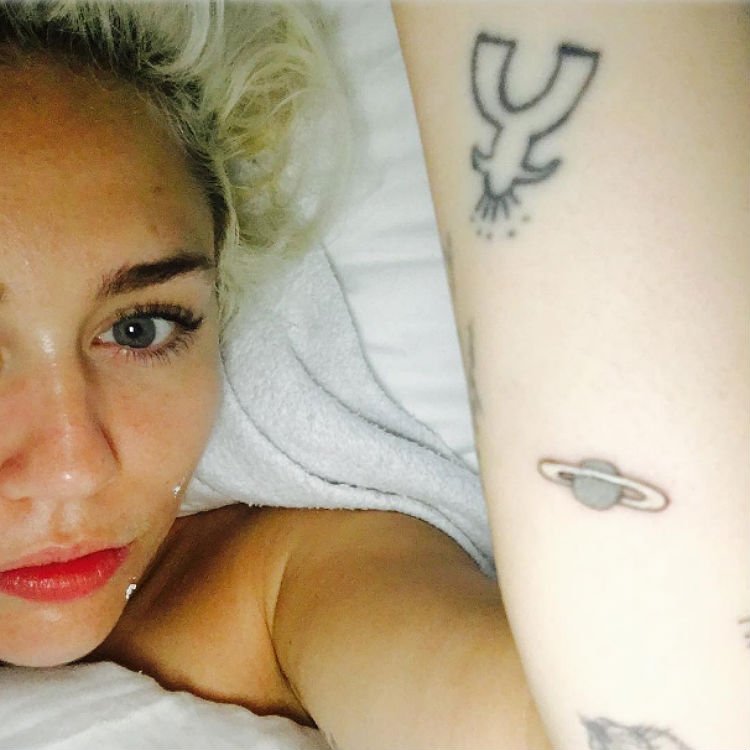
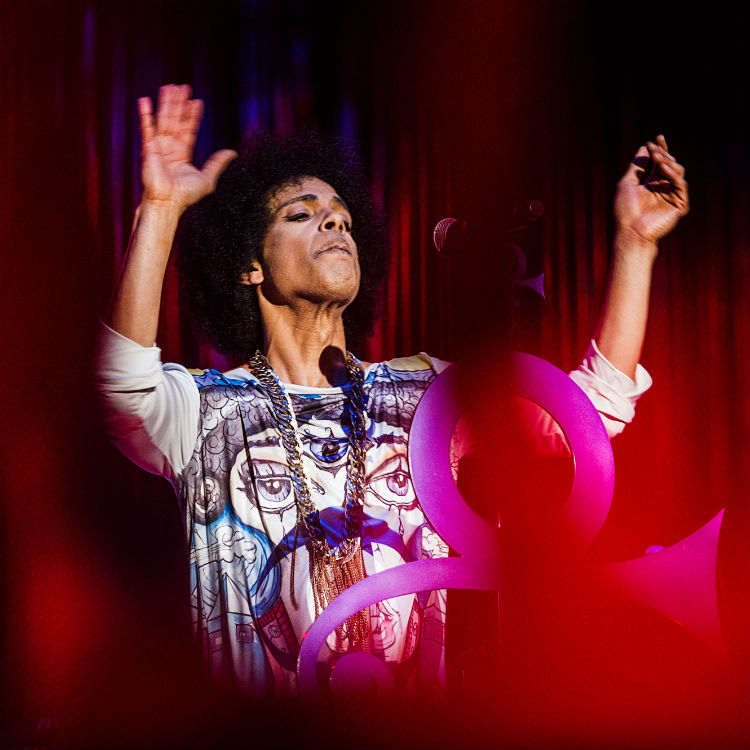
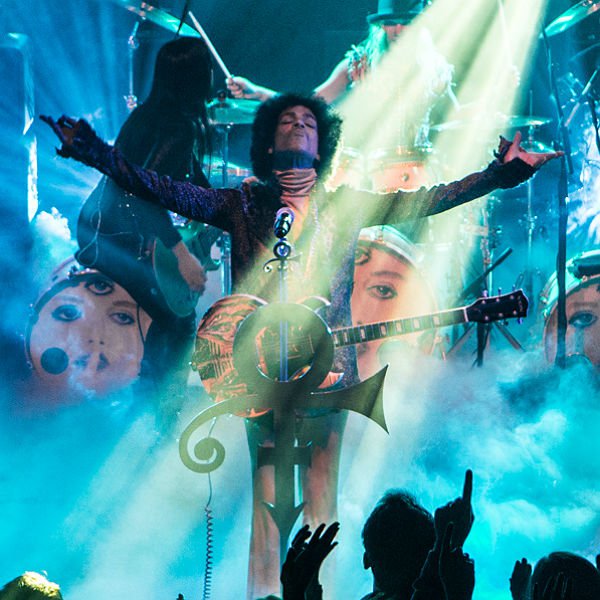
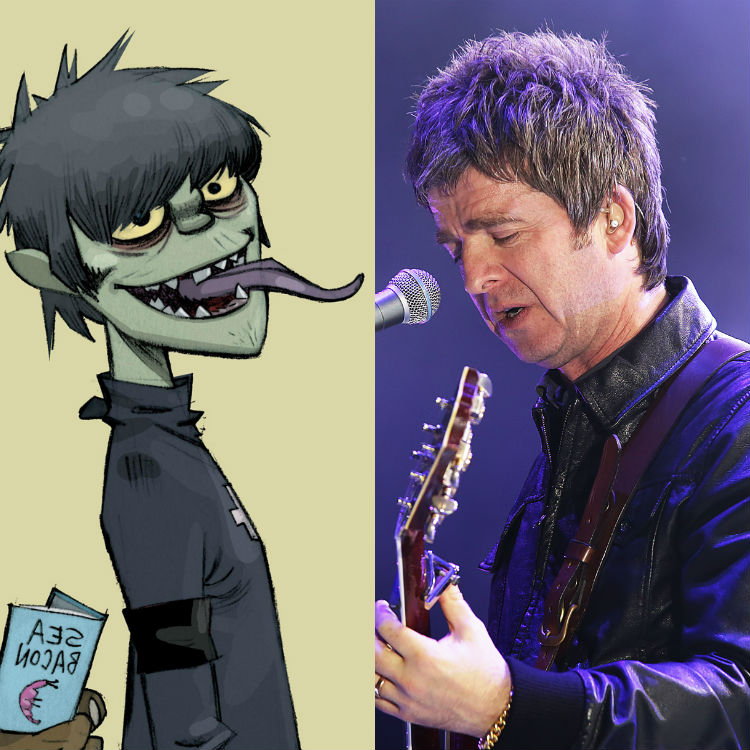

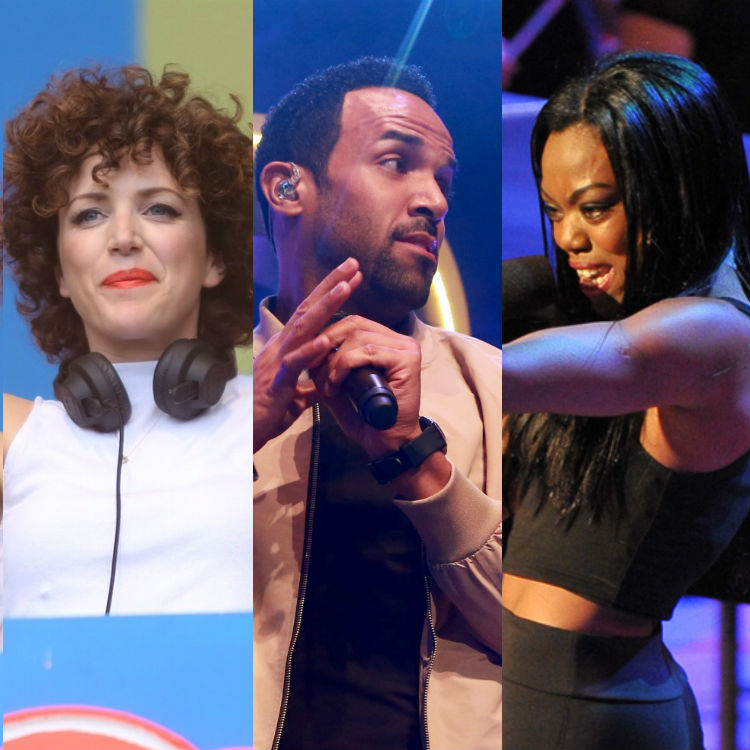
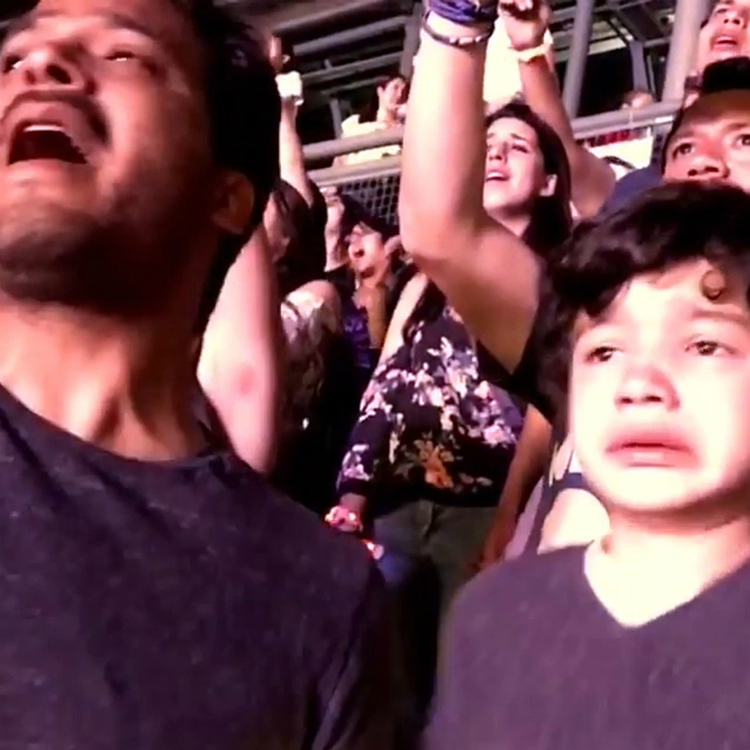
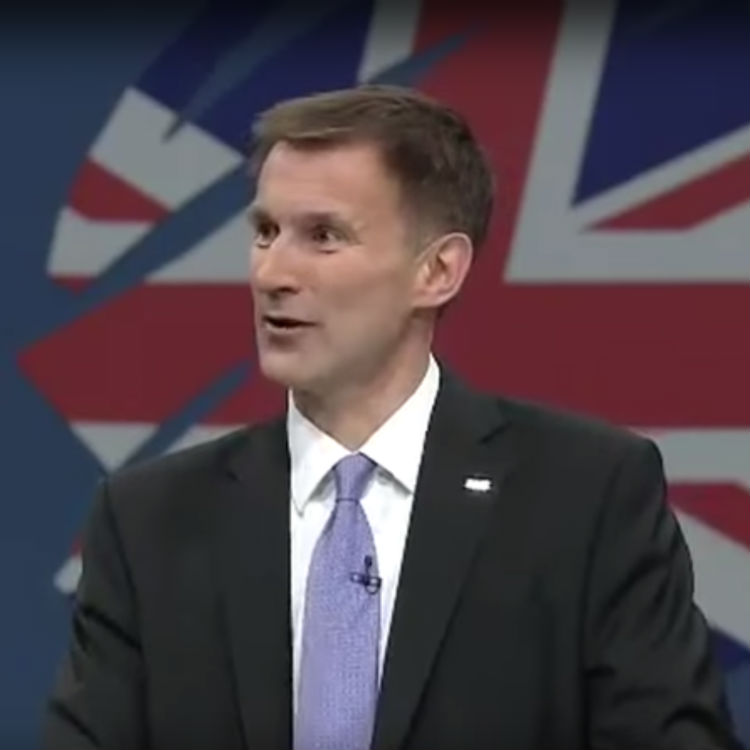

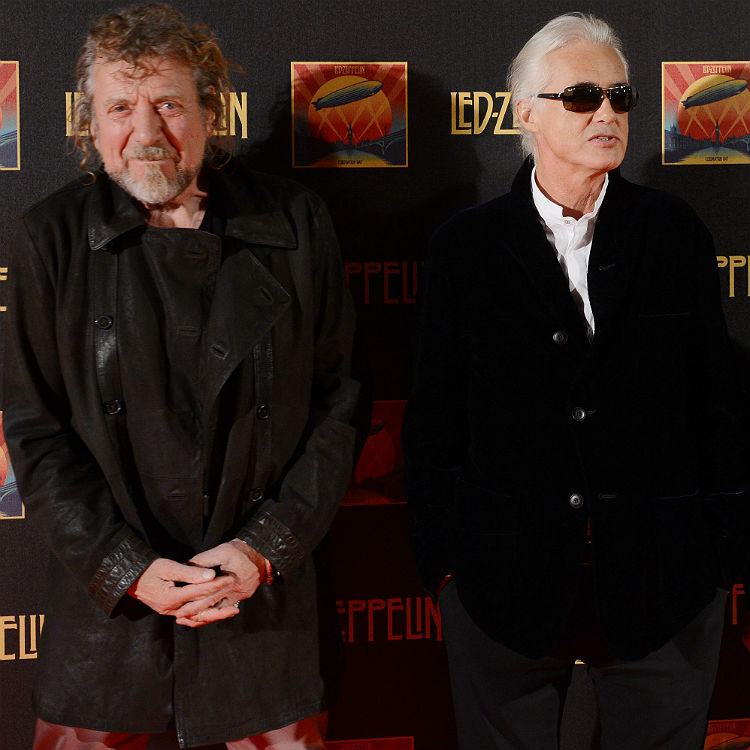
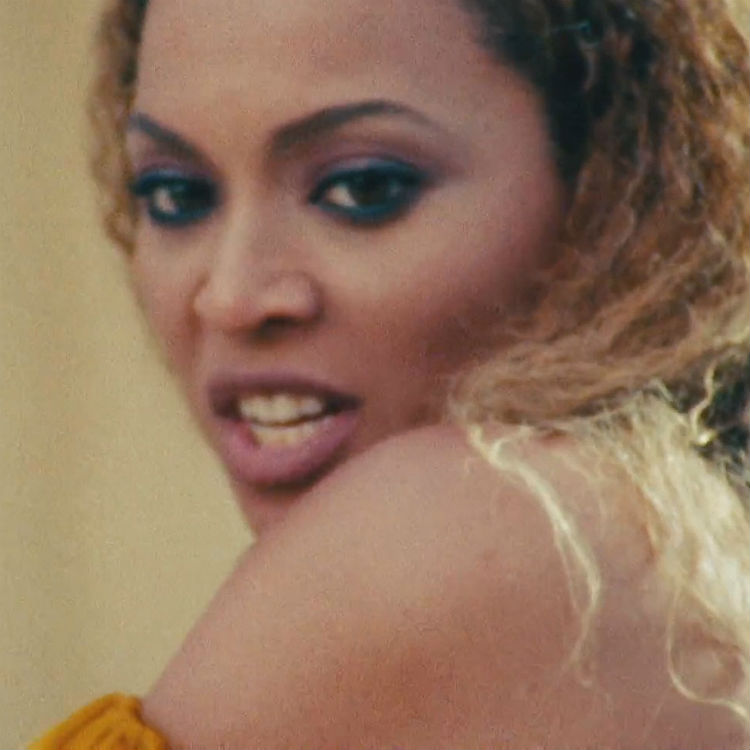
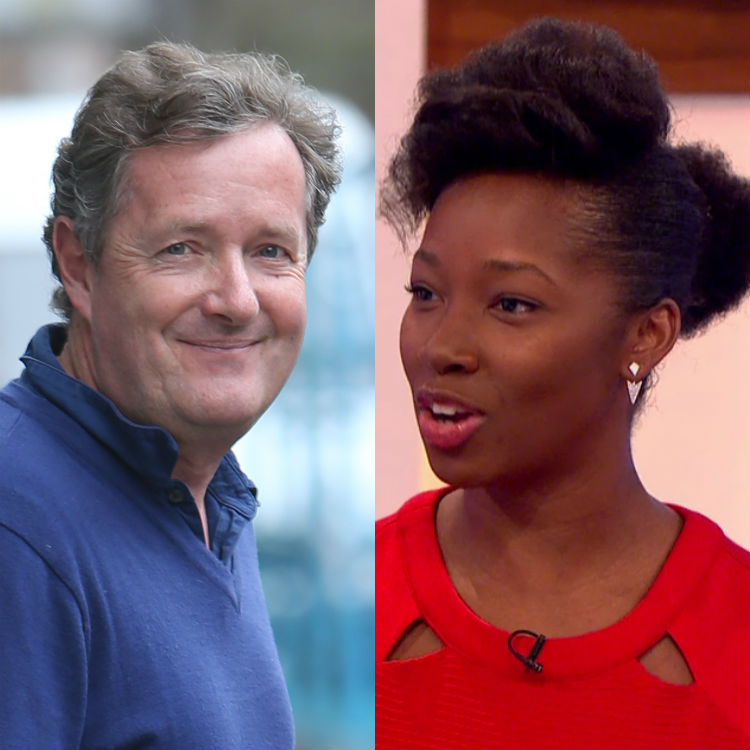
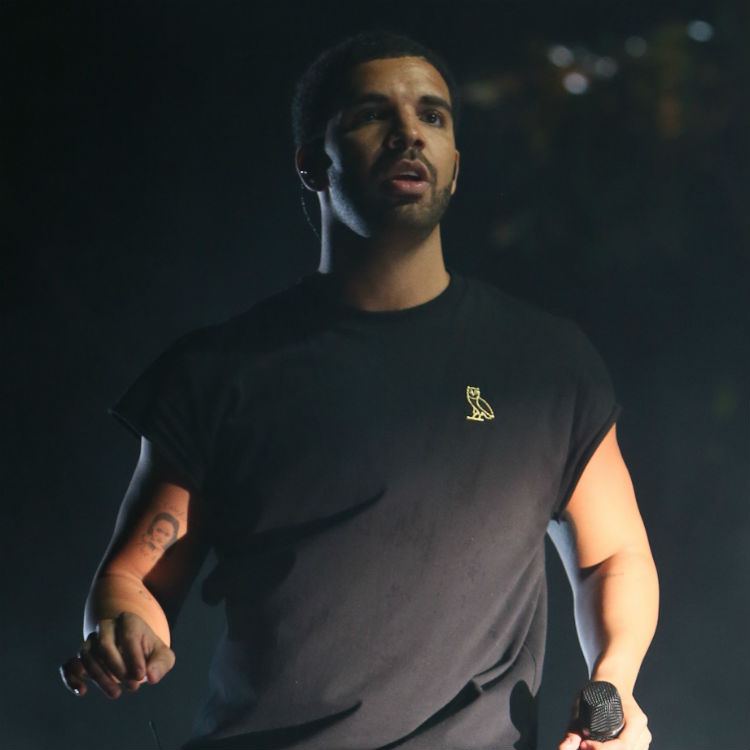
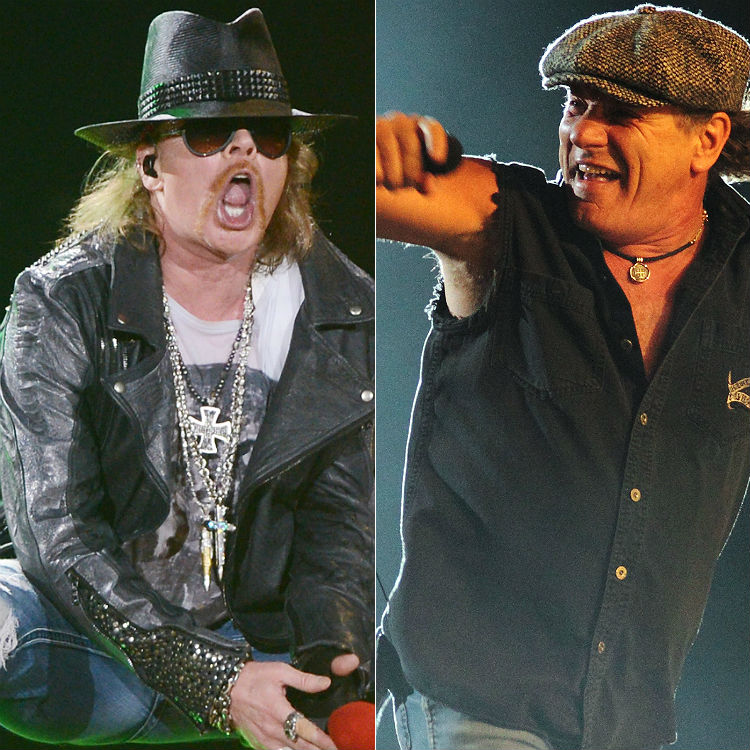


.jpg)

